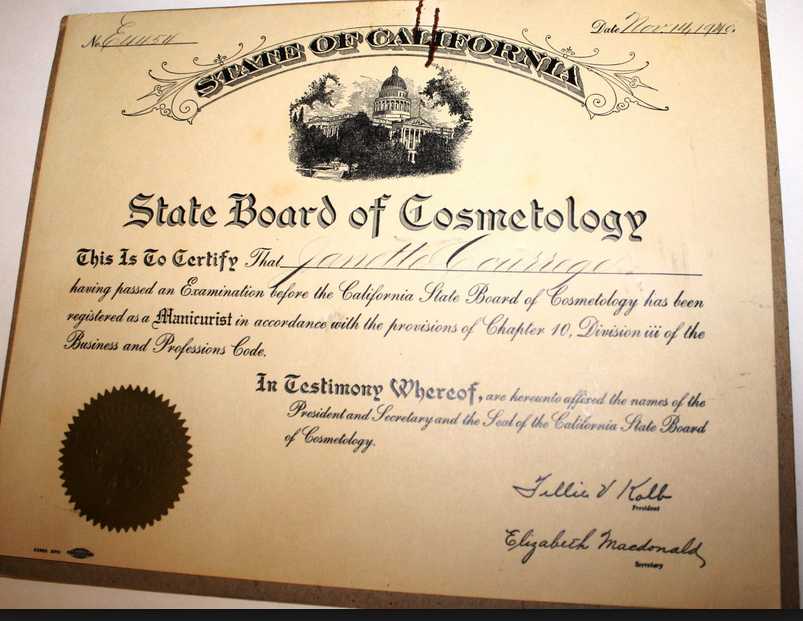That got me thinking about the role licensing plays in business. A common belief is that state licensing is necessary to protect the public from bad actors. The reality could not be further from the truth. Can you imagine a group of people getting together and spending their time and money to create a petition requesting that their state legislators create a licensing requirement for barbers, so as to protect the public from a bad haircut?
That would never happen. People would simply not return to the bad barber, and advise their friends not to visit them either. Eventually, the bad barber would go out of business. The actual licensing requirement was very likely instigated by barbers themselves, in an attempt to erect a barrier preventing new barbers from entering the business. This would control the supply of barbers and prevent the undercutting of prices due to increased competition.
In essence, there are three levels of business control.
First, there is simply “Registration”. You register an entity, such as an LLC, or S-Corp, with the Secretary of State (SOS), but the SOS makes no decisions regarding your ability to practice. This means registration is simply the process of letting a government agency know that you exist so that during an investigation they know how to contact you.
Next, there is “Certification”. Anyone can say they are an accountant, but a Certified Public Accountant (CPA) carries extra weight with the consumer. This is because a CPA passed a test developed by their peers which certifies that s/he has demonstrated mastery of a minimal level of competence. The market values a person or business with a certification over the non-certified. With respect to products, organizations like Good Housekeeping and United Laboratories (UL) are used to let consumers know that an expert in the field has looked at and certified that the product is safe and true to its claims.
Then there is “Licensing”. For years I was confused myself about the difference between registering and licensing. The difference is that you cannot practice in a profession or operate a business without a license if one is required.
I have been known to say in the past that licensing was required so that some government authority knew of your existence so they could investigate complaints, and often cited the example of a liquor license. But in fact, this requirement could be accomplished with simple registration and not licensing, if it were not for the fact that the number of liquor licenses is often directly limited to reduce the number of new entrants to the market.
Again, licensing was not required to keep out bad actors, but to keep a lid on the competition. State level licensing, therefore, is a way that elected officials can appeal to the members of an entire industry. Furthermore, while certification is based on proving mastery as determined by industry peers, a license is often granted by some bureaucrat with little direct knowledge of the requirements of the profession.
So I ask the question: do you think licensing has a legitimate role to play in consumer protection, or would registration and certification be sufficient?












